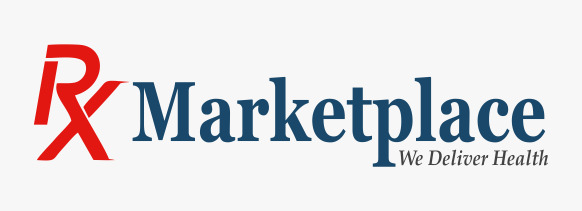Dr Chitwan Malhotra, Director UNSDG Health Partnership- Stresses on the urgency of Health Reforms In the conflict region of Kashmir at the UHC and Displaced population event during the 74th UN General Assembly 2019.
The event ‘ UHC and the displaced populations “ was co-organized by the Permanent Mission Turkey and United Nations Human Rights Council ( UNHCR). The event was held during the UN General Assembly 2019 in New York. Also present at the event were Dr Fillipino Grandi , UN High Commissioner for Refugees UNHCR, Piroska Ostlin, Acting Regional Director, WHO Regional Office For Europe ,Dr Fillipino Grandi , UN High Commissioner for Refugees UNHCR, Mr Zahid Maleque, Minister Of Health Bangladesh, Dr Faruk Kaymakci , Deputy Minister of Foreign affairs and Director of EU Affairs, Mr Anders Nordstrom, Ambassador at large for Global Health, SWEDEN.
It was an opportunity for unique multisectoral dialogue and debate on how to promote refugee and migrant health and facilitate the universal health coverage for displaced populations.
The event highlighted the need to achieve the vision of the 2030 Sustainable Development Goals (SDGs) – to leave no one behind, to strive for universal health coverage for the displaced population.
Dr Chitwan Malhotra stated, As you know I am myself from the conflict region of Kashmir and have witnessed the first-hand tragic effects of what limited access to Health has on the forcibly internally or externally displaced population, I have made Universal Health Coverage, health for all, my top priority. If we are to remain true to the principles of the SDGs, and leave no-one behind, we must do a better job of getting health services to refugees and migrants. And when we say health for all, we mean, all. Including migrants, regardless of their status”.
Dr Chitwan outlined four urgent needs. “Firstly, we need better policies that promote migrants’ right to health, address their health needs, and integrate them into their host societies. Secondly, we need health systems that are sensitive to the needs of migrants. This means services that are in the right language, and that pay attention to unique health problems, including reproductive and child health, mental illness, and trauma from injuries and torture. Thirdly, we need good health monitoring and data on health needs, so that we can set realistic priorities. And finally, we need collaboration between countries and sectors. This is essential to manage the health needs of refugees and migrants of this magnitude”.
Dr Chitwan Malhotra, urged the Indian government especially at the centre to strengthen the existing primary healthcare centres in the region and ensure telemedicine facilities for remote conflict areas with a focus on mental health counselling facilities as the population is living in severe challenging mental conditions that can have a life-threatening impact especially on the young minds and hamper their holistic development.

